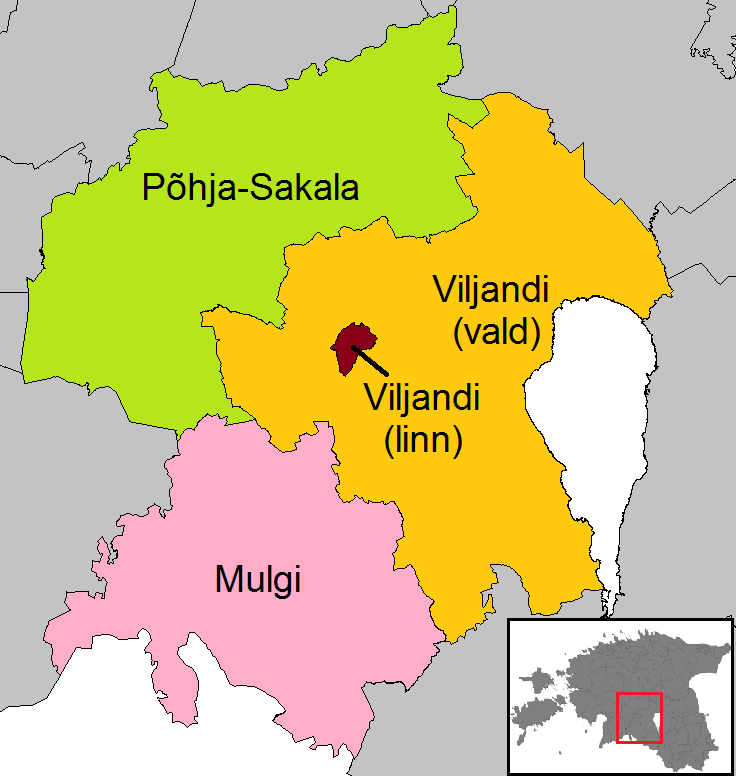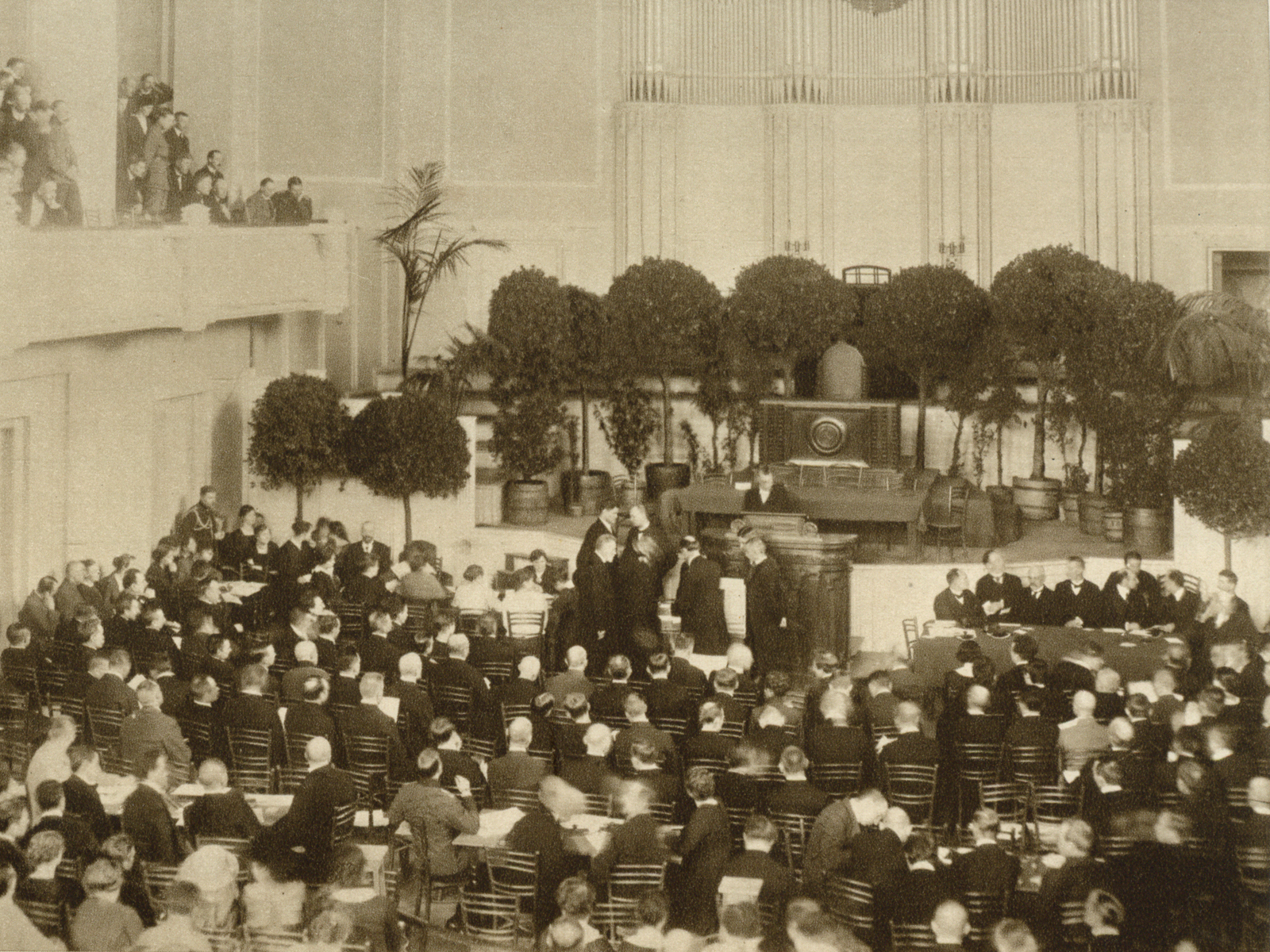|
Anton Laar
Anton Laar (13 June 1885 Võisiku Parish, Viljandi County – 23 February 1933 Tartu) was an Estonian politician. He was a member of Estonian Constituent Assembly The Estonian Constituent Assembly () was elected on 5–7 April 1919, called by the Estonian Provisional Government during the Estonian War of Independence. Estonian Constituent Assembly elections Activity The 120 members of the Constituent .... On 17 November 1919, he resigned his position and he was replaced by Hans Leesment. References 1885 births 1933 deaths Members of the Estonian Constituent Assembly {{Estonia-politician-stub ... [...More Info...] [...Related Items...] OR: [Wikipedia] [Google] [Baidu] |
Viljandi County
Viljandi County ( or ''Viljandimaa''; ) is one of 15 counties of Estonia. It is located in southern Estonia bordering Pärnu, Järva, Jõgeva, Tartu and Valga counties as well as Latvia. History Viljandimaa, under the German name of ''Kreis Fellin'', was an important centre of commerce and power in the Middle Ages. Today, there are numerous castle ruins there dating from that time. Soomaa National Park is a national park located partially within Viljandi County, Estonia. Soomaa ("land of bogs") protects 390 km2, and is a Ramsar site of protected wetlands. The park was created in 1993. Retrieved 25 January 2016. County government The Viljandi[...More Info...] [...Related Items...] OR: [Wikipedia] [Google] [Baidu] |
Tartu
Tartu is the second largest city in Estonia after Tallinn. Tartu has a population of 97,759 (as of 2024). It is southeast of Tallinn and 245 kilometres (152 miles) northeast of Riga, Latvia. Tartu lies on the Emajõgi river, which connects the two largest lakes in Estonia, Lake Võrtsjärv and Lake Peipus. From the 13th century until the end of the 19th century, Tartu was known in most of the world by variants of its historical name Dorpat. Tartu, the largest urban centre of southern Estonia, is often considered the "intellectual capital city" of the country, especially as it is home to the nation's oldest and most renowned university, the University of Tartu (founded in 1632). Tartu also houses the Supreme Court of Estonia, the Ministry of Education and Research (Estonia), Ministry of Education and Research, the Estonian National Museum, and the oldest Estonian-language theatre, Vanemuine. It is also the birthplace of the Estonian Song Festivals. Tartu was designated as the E ... [...More Info...] [...Related Items...] OR: [Wikipedia] [Google] [Baidu] |
Estonia
Estonia, officially the Republic of Estonia, is a country in Northern Europe. It is bordered to the north by the Gulf of Finland across from Finland, to the west by the Baltic Sea across from Sweden, to the south by Latvia, and to the east by Russia. The territory of Estonia consists of the mainland, the larger islands of Saaremaa and Hiiumaa, and over 2,300 other islands and islets on the east coast of the Baltic Sea. Its capital Tallinn and Tartu are the two largest List of cities and towns in Estonia, urban areas. The Estonian language is the official language and the first language of the Estonians, majority of its population of nearly 1.4 million. Estonia is one of the least populous members of the European Union and NATO. Present-day Estonia has been inhabited since at least 9,000 BC. The Ancient Estonia#Early Middle Ages, medieval indigenous population of Estonia was one of the last pagan civilisations in Europe to adopt Christianity following the Northern Crusades in the ... [...More Info...] [...Related Items...] OR: [Wikipedia] [Google] [Baidu] |
Estonian Constituent Assembly
The Estonian Constituent Assembly () was elected on 5–7 April 1919, called by the Estonian Provisional Government during the Estonian War of Independence. Estonian Constituent Assembly elections Activity The 120 members of the Constituent Assembly met at the opening session on 23 April 1919, the birthday of the Estonian Parliament and elected the chairman, Social Democrat August Rei. On 7 May, the Assembly passed the Public Elementary Schools Act: The principle of compulsory and free primary 6-year elementary school education was established. On 8 May 1919, the Estonian provisional government resigned, and the first fully democratically elected Government of Estonia headed by Prime Minister Otto Strandman (Estonian Labor Party) took office. On 15 May, the assembly reaffirmed the Estonian Declaration of Independence, aimed at the international community for recognizing Estonia as an independent state. On 4 June 1919, the Assembly adopted a temporary Constitution of Eston ... [...More Info...] [...Related Items...] OR: [Wikipedia] [Google] [Baidu] |
Hans Leesment
Hans Leesment (13 February 1873 – 26 August 1944 in Tallinn) was an Estonia Estonia, officially the Republic of Estonia, is a country in Northern Europe. It is bordered to the north by the Gulf of Finland across from Finland, to the west by the Baltic Sea across from Sweden, to the south by Latvia, and to the east by Ru ...n general. From 1919 up until 1940, he was a founder, and the president, of the Estonian Red Cross. On 24 February 1933 he was promoted to the rank of major general. References External linksTerviseleht 1873 births 1944 deaths People from Mulgi Parish People from Kreis Pernau Estonian Lutherans Christian People's Party (Estonia) politicians Members of the Estonian Constituent Assembly Members of the Riigikogu, 1923–1926 Members of the Riigikogu, 1926–1929 Members of the Riiginõukogu Estonian major generals Estonian military doctors Red Cross personnel University of Tartu alumni Russian military personnel of the Russo-Japanes ... [...More Info...] [...Related Items...] OR: [Wikipedia] [Google] [Baidu] |
1885 Births
Events January * January 3– 4 – Sino-French War – Battle of Núi Bop: French troops under General Oscar de Négrier defeat a numerically superior Qing Chinese force, in northern Vietnam. * January 17 – Mahdist War in Sudan – Battle of Abu Klea: British troops defeat Mahdist forces. * January 20 – American inventor LaMarcus Adna Thompson patents a roller coaster. * January 24 – Irish rebels damage Westminster Hall and the Tower of London with dynamite. * January 26 – Mahdist War in Sudan: Troops loyal to Mahdi Muhammad Ahmad conquer Khartoum; British commander Charles George Gordon is killed. February * February 5 – King Leopold II of Belgium establishes the Congo Free State, as a personal possession. * February 9 – The first Japanese arrive in Hawaii. * February 16 – Charles Dow publishes the first edition of the Dow Jones Industrial Average. The index stands at a level of 62.76, and r ... [...More Info...] [...Related Items...] OR: [Wikipedia] [Google] [Baidu] |
1933 Deaths
Events January * January 11 – Australian aviator Sir Charles Kingsford Smith makes the first commercial flight between Australia and New Zealand. * January 17 – The United States Congress votes in favour of Philippines independence, against the wishes of U.S. President Herbert Hoover. * January 28 – "Pakistan Declaration": Choudhry Rahmat Ali publishes (in Cambridge, UK) a pamphlet entitled ''Now or Never; Are We to Live or Perish Forever?'', in which he calls for the creation of a Muslim state in northwest India that he calls "Pakistan, Pakstan"; this influences the Pakistan Movement. * January 30 ** Nazi Party leader Adolf Hitler is appointed Chancellor of Germany (German Reich), Chancellor of Germany by President of Germany Paul von Hindenburg. ** Édouard Daladier forms a government in France in succession to Joseph Paul-Boncour. He is succeeded on October 26 by Albert Sarraut and on November 26 by Camille Chautemps. February * February 1 – Adolf Hitle ... [...More Info...] [...Related Items...] OR: [Wikipedia] [Google] [Baidu] |






